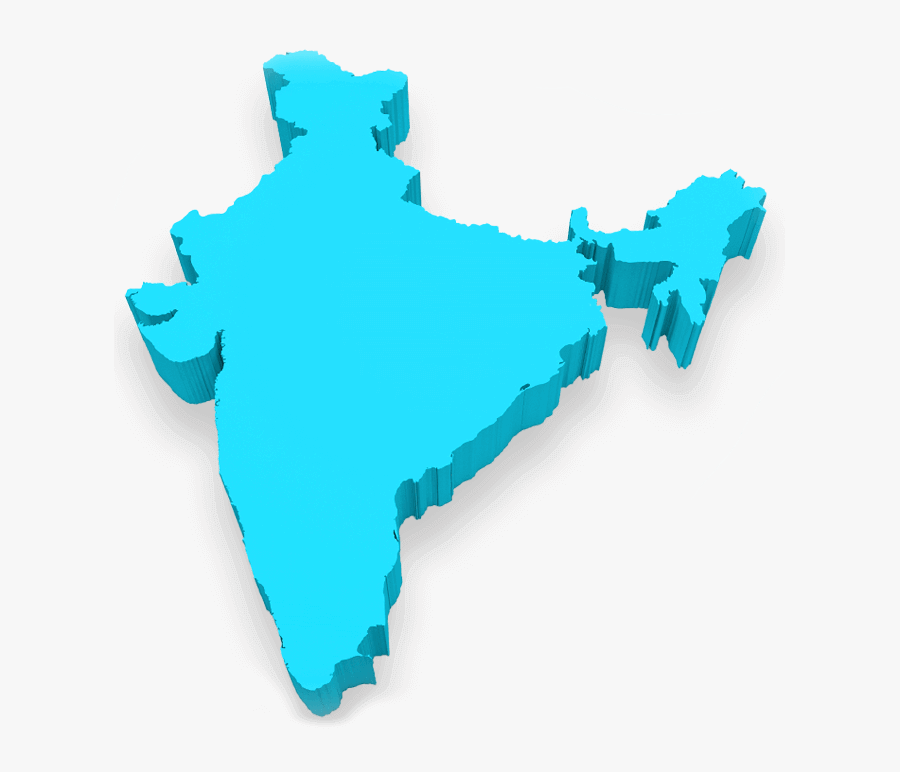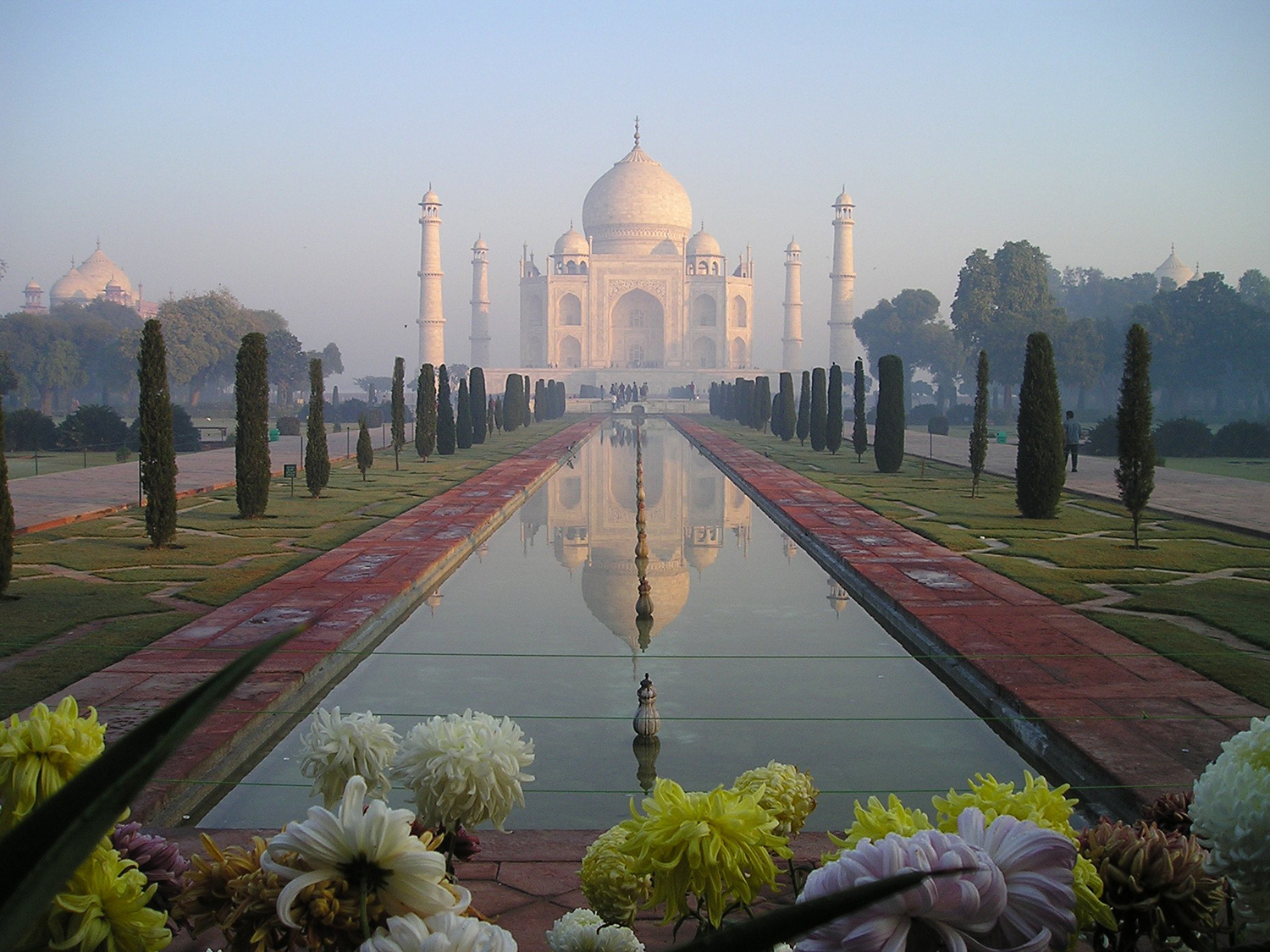INDIA INFORMATION
INDIA
India is a country located in South Asia, bordered by Pakistan to the west, China and Nepal to the north, Bhutan to the northeast, Bangladesh and Myanmar to the east, and the Indian Ocean to the south. It is the seventh-largest country in the world by land area and the second-most populous country with over 1.3 billion people.
India has a diverse culture and is home to many religions, including Hinduism, Islam, Christianity, Sikhism, Buddhism, and Jainism. Hindi and English are the official languages of the Indian government, while there are several other regional languages spoken throughout the country.
India has a mixed economy with a wide range of industries, including agriculture, textiles, manufacturing, and services. The Indian economy has been growing at a rapid pace in recent years and is expected to continue to do so in the future.
India is also known for its rich history and cultural heritage. The country has numerous historical sites and landmarks, including the Taj Mahal, one of the seven wonders of the world. India is also known for its vibrant festivals, such as Diwali, Holi, and Dussehra, which are celebrated with great enthusiasm throughout the country.
Overall, India is a fascinating country with a rich culture and history, a diverse economy, and a vibrant society. India is a federal parliamentary democratic republic with a president as the head of state and a prime minister as the head of government.
The capital city of India is New Delhi, located in the northern part of the country India has a varied topography that includes the Himalayan mountain range in the north, the Thar Desert in the west, the Deccan Plateau in the south, and a long coastline along the Indian Ocean in the east.
India has a rich history that dates back to the Indus Valley Civilization, which existed around 2500 BCE. The country has been ruled by numerous empires and kingdoms, including the Mauryan Empire, the Gupta Empire, and the Mughal Empire, among others.
India is home to several UNESCO World Heritage Sites, including the Khajuraho Group of Monuments, the Ajanta and Ellora Caves, and the Sun Temple at Konark.
India is also known for its vibrant film industry, popularly known as Bollywood. Indian cinema is known for its musical and dance numbers and has a huge following not just in India, but also among Indian diaspora around the world.
Cricket is the most popular sport in India, but the country also has a rich tradition in other sports like field hockey, badminton, tennis, and kabaddi.
Indian cuisine is diverse and varies from region to region. Some popular dishes include butter chicken, biryani, samosas, dosas, and chaat.
The Indian education system is one of the largest in the world and includes both public and private institutions. The Indian Institutes of Technology (IITs) and the Indian Institutes of Management (IIMs) are some of the most prestigious institutions in the country.
India has a rich tradition of yoga and meditation. These practices originated in India thousands of years ago and are now popular worldwide.
India is the birthplace of four major religions: Hinduism, Buddhism, Jainism, and Sikhism. Other religions like Islam, Christianity, and Zoroastrianism also have a significant following in India.
India is home to some of the world's most biodiverse regions. The country has several national parks and wildlife reserves, including the Sundarbans, home to the Bengal tiger, and the Western Ghats, a UNESCO World Heritage Site and one of the world's eight "hottest hotspots" of biological diversity.
The Indian railway system is one of the largest in the world, spanning over 67,000 km and carrying millions of passengers every day.
The Taj Mahal, one of the most famous landmarks in India, was built by Mughal Emperor Shah Jahan in memory of his beloved wife Mumtaz Mahal. It took 20,000 workers and artisans over 20 years to complete.
TAJ MAHALThe Indian national flag has three horizontal stripes of saffron, white, and green, with a blue chakra (wheel) in the center. The saffron stripe represents courage and sacrifice, the white stripe represents purity and truth, and the green stripe represents fertility and prosperity. The chakra in the center represents the eternal wheel of law.
India has a large and diverse population of wildlife, including tigers, lions, elephants, rhinoceroses, and leopards.
The Indian space program has made significant strides in recent years, including successfully launching missions to the moon and Mars.
Certainly! Here are some more interesting facts about India:
- India has the world's largest democracy, with over 900 million eligible voters.
- The Indian economy is the fifth-largest in the world by nominal GDP and the third-largest by purchasing power parity.
- The Indian rupee is the official currency of India, and it is subdivided into 100 paise.
- India has a fast-growing startup ecosystem, with several new companies emerging in recent years. Bangalore, often referred to as the "Silicon Valley of India," is home to many technology startups.
- The Indian film industry produces more movies than any other country in the world. In 2019, over 2,000 films were released in India.
- India has a diverse cuisine, with different regions having their own distinct specialties. Some popular dishes include biryani, samosas, dosas, idlis, and butter chicken.
- India has a rich tradition of classical music and dance, with several different styles originating from different regions of the country.
- The game of chess is believed to have originated in India, where it was known as chaturanga.
- The Indian education system includes several prestigious institutions, including the Indian Institutes of Technology (IITs), the Indian Institutes of Management (IIMs), and the Indian Institutes of Science Education and Research (IISERs).
- India has a rich literary tradition, with several famous authors and poets such as Rabindranath Tagore, Salman Rushdie, and Arundhati Roy.
- As of my knowledge cutoff date of September 2021, the Prime Minister of India is Mr. Narendra Modi.


Comments
Post a Comment